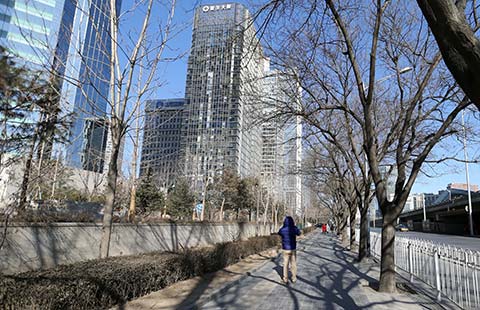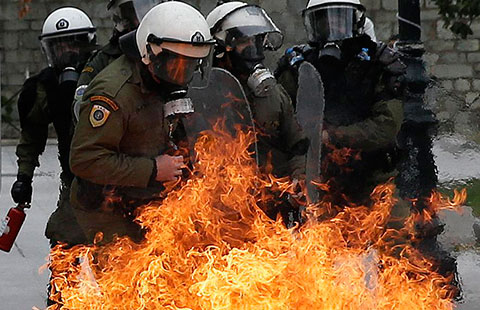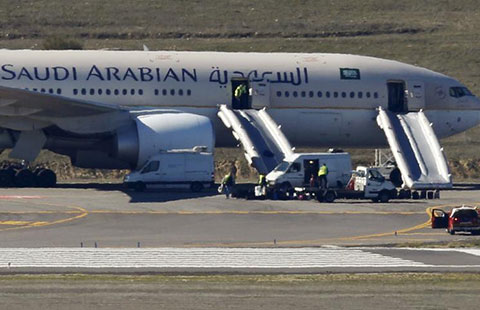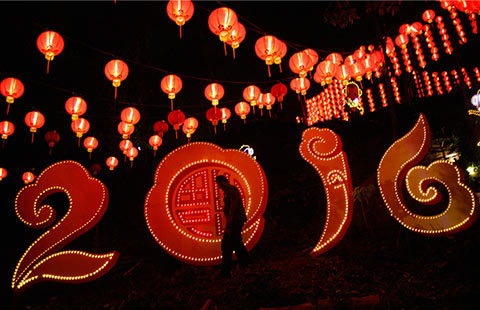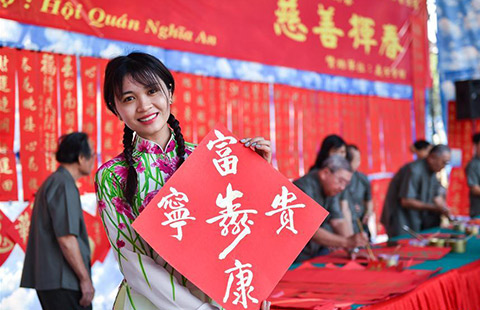

BEIJING - The United States Secretary of State Hillary Clinton will arrive in China Tuesday for a two-day trip to exchange views on a wide range of issues including reiterating the US position on the Diaoyu Islands.
As far as we know, however, the so-called US position on the Diaoyu Islands is very dangerous and is not conducive to the security and stability of the Asia-Pacific region.
What is the US position on the Diaoyu Islands?
According to the remarks made by the US State Department spokeswoman Victoria Nuland at a regular briefing on August 28, the US stance could be boiled down to - the US claimed it does not take a position on the question of the ultimate sovereignty of the Diaoyu Islands. It also stated the islands are under the administrative control of the government of Japan, so the islands fall under the scope of the US-Japan security treaty.
And Nuland also made it clear that Washington calls the islands by their Japanese name, the Senkaku Islands instead of the Diaoyu Islands, which bears serious connotations of "recognition" in international relations.
It's not difficult to tell that though the US government's position on the Diaoyu islands is contradictory, but in essence, it's very clear, that is, it supports the Japanese government's confrontational stance against China on the issue of the Diaoyu Islands.
The US-Japan security treaty's Article 5 stipulates that an armed attack against either party in the territories under the administration of Japan would be a threat to both countries.
People have reasons to show concern that the US's strong intervention into the issue of the Diaoyu Islands and its insistence on backing Japan will harden the position of the Japanese government and will encourage anti-China arrogance of the Japanese right-wing forces.
This would probably make the dispute more complicated and weaken the tenacity of a negotiated settlement. And this would be detrimental to the security and stability of East Asia and even the entire Asia-Pacific region.
People also have reasons to believe that the US position on the Diaoyu Islands and its strong intervention is also a manifestation of its Pivot to Asia policy.
It's not long after US President Barack Obama came into office, did he begin to convey its strategic intentions of Pivot to Asia to the world. And many analysts believe the key in implementing the Obama administration's Pivot to Asia policy is to unite allies in the Asia-Pacific region to curb the rise of China.
As a latest signal of the US policy, State Secretary Hillary Clinton participated in the 43rd Pacific Islands Forum on August 31, making it the highest ranking US government delegation to attend the meeting in 41 years. It showed the core of the diplomatic policy of the Obama administration's Pivot to Asia policy.
In fact, after the Obama administration announced the policy, it had already engaged in a series of activities, such as intervening into other countries' issues overtly or secretly, sowing discord among Asia-Pacific countries, flaring up regional tension, and even toughening the settlement of disputes by holding a joint military drill and enhancing front-line military deployment.
It intended to rebuild order according to its own wills after disturbing the Asia-Pacific situation so as to curb the rise of China to prevent it from challenging the US status.
The US move to implement the Pivot to Asia policy, however, is even not extensively acclaimed by its domestic media.
An opinion piece carried by the Wall Street Journal pointed out that "So far, the first and perhaps biggest problem with the idea of the pivot... is that it remains largely rhetorical, vague and aspirational."
The supposed strategic shift "won't solve Asia's problems and may even add to the region's uncertainty by over-promising and under-delivering," according to the article.
